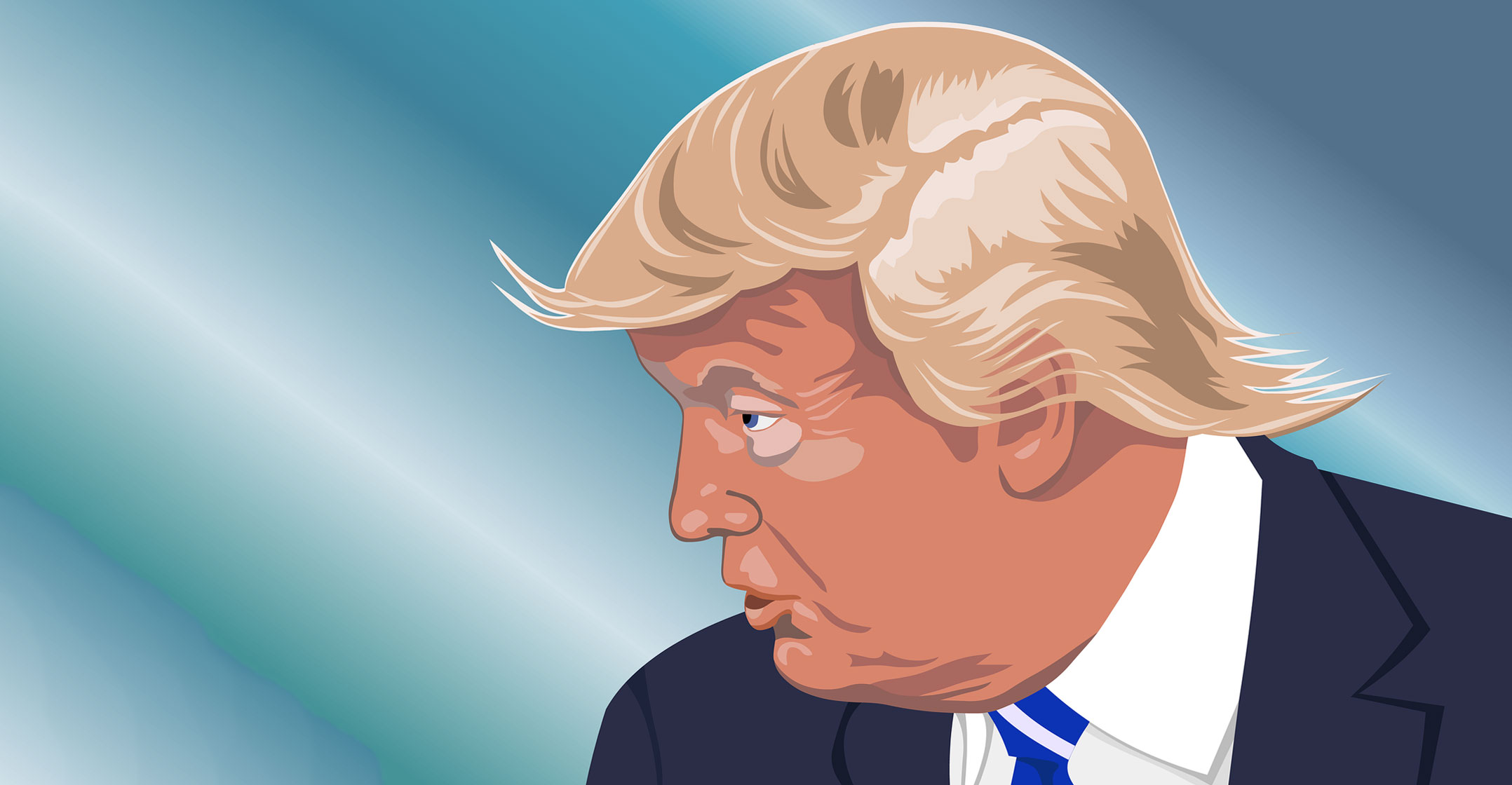
China has denounced the US’s latest moves to curb Huawei’s access to commercially available chips, the latest blow in an increasingly tense relationship between the world’s two biggest economies.
The changes announced by the US commerce department on Monday build on restrictions announced in May, adding 38 Huawei affiliates in 21 countries to an economic blacklist as the US seeks to limit adoption of the company’s 5G technology. In an interview on Fox and Friends, President Donald Trump said he doesn’t want Huawei’s equipment in the US “because they spy on us”.
Zhao Lijian, a spokesman for China’s foreign ministry, said President Xi Jinping’s government opposes the “discrediting” of Chinese companies such as Huawei and said the US “has been abusing their state power in the name of national security”. He called the US the “empire of hackers” and said the move would only backfire.
“This is nothing short of bullying,” Zhao told a regular briefing in Beijing on Tuesday. “The Chinese government will continue to take all necessary measures to safeguard the legitimate and legal rights and interests of Chinese companies.”
The move is the latest tit-for-tat in escalating tensions between Washington and Beijing over everything from the origins of the Covid-19 pandemic to China’s increasingly tight grip over Hong Kong. Commerce secretary Wilbur Ross said the action was aimed at closing loopholes the company explored after previous US actions, while secretary of state Mike Pompeo called it a “direct blow” against the Chinese Communist Party.
Shares of Huawei suppliers dropped sharply on Tuesday after the US announced the new curbs. MediaTek sank as much as 9.9% after the stock was downgraded to neutral by Credit Suisse, despite stressing on Tuesday it was monitoring the latest sanctions but the curbs had no material impact on its operations.
No immediate comment
A Huawei spokesperson said on Tuesday that the company was still reviewing the impact internally and that it had no immediate comment. The company has long rejected accusations that its technology can be used to spy on foreign nations or companies.
Despite the US decision, Ross said on Fox Business that talks with China continue on various levels. On Monday night in Beijing, foreign minister Wang Yi also had struck an optimistic note as he welcomed back staff from the closed Chinese consulate in Houston, saying in Beijing that he believed relations with the US will be “reborn from the ashes”.
The restrictions are likely to further hit both Huawei’s 5G base stations and smartphone businesses because it relies heavily on foreign chips to make those, further denting China’s ambition to play a key role in global roll-out of 5G technology. Huawei’s stockpiles of certain self-designed chips essential to telecommunications equipment will run out by early 2021.
 Nokia and Ericsson stand to benefit from Huawei’s further faltering in its 5G prowess, while domestic smartphone rivals including Xiaomi, Oppo and Vivo are likely to get a bigger pie of the Chinese market.
Nokia and Ericsson stand to benefit from Huawei’s further faltering in its 5G prowess, while domestic smartphone rivals including Xiaomi, Oppo and Vivo are likely to get a bigger pie of the Chinese market.
All chip companies working for Huawei, no matter where they are, will be subject to licences, a commerce department official said, adding that even foreign companies will be affected as long as they use US design software and equipment.
That means major Asian and European chip companies such as MediaTek, Samsung Electronics, NXP Semiconductors and STMicroelectronics may need a licence to continue shipping to Huawei, though the official declined to name any specific company.
Infineon Technologies and AMS, both European suppliers to Huawei, are currently assessing their legal options, according to separate statements from the two companies.
There are few semiconductor companies in the world, including those in China, that do not rely on software from US-based Synopsys and Cadence Design Systems to create blueprints for chips. Many companies that make physical chips, including China’s own Semiconductor Manufacturing International, use equipment from US-based Applied Materials and Lam Research.
Among Synopsys and Cadence’s customers, Taiwan’s MediaTek has become a main chip provider to Huawei after Taiwan Semiconductor Manufacturing Co said it will no longer ship chips to the Chinese company after 15 September. That’s due to the US’s export-control rules added in May, which forbade companies from making chips based on Huawei’s design using American equipment.
‘Significant disruption’
John Neuffer, the president and CEO of the US’s Semiconductor Industry Association, said the rule “will bring significant disruption” to the sector.
“We are surprised and concerned by the administration’s sudden shift from its prior support of a more narrow approach intended to achieve stated national security goals while limiting harm to US companies,” Neuffer said in a statement. “We reiterate our view that sales of non-sensitive, commercial products to China drive semiconductor research and innovation here in the US, which is critical to America’s economic strength and national security.”
The latest US restrictions on Huawei are negative for European chip makers, JPMorgan Chase & Co analysts said in a note, adding that a key risk for firms such as STMicroelectronics, AMS and Dialog Semiconductor is Chinese retaliatory restrictions on major customer Apple.
Additionally, assemblers that incorporate Huawei or third-party chips into their devices for the benefit of Huawei will also need to apply for a licence, according to the commerce department official. That means Huawei smartphones assemblers, including Hong Kong-listed Foxconn subsidiary FIH Mobile, may be restricted by the new rules. — (c) 2020 Bloomberg LP




